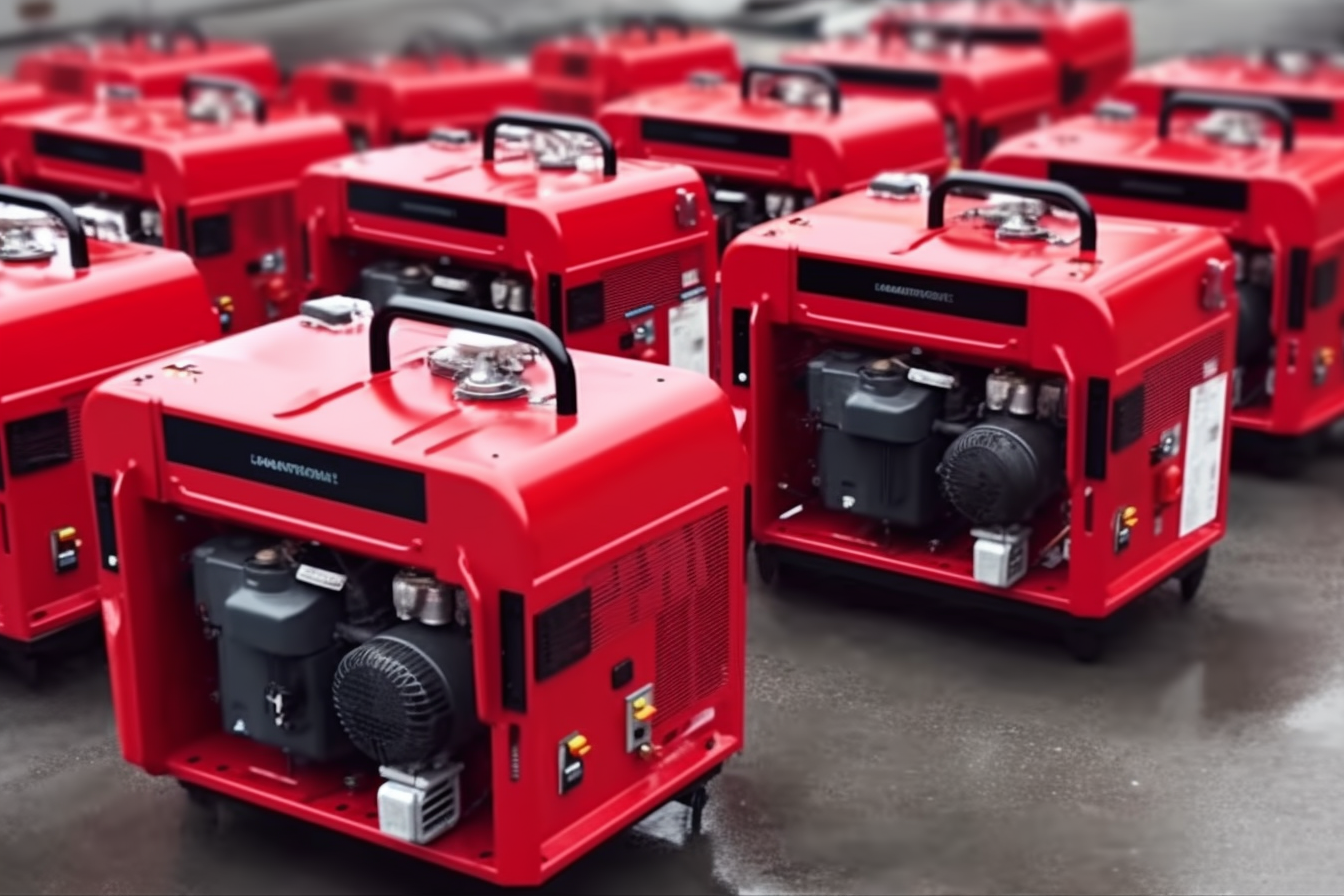Power Generators: A Comprehensive Guide to Commercial and Diesel Solutions
Power generators serve as critical backup systems for businesses and facilities when the main power supply fails. These units convert mechanical energy into electrical energy, providing an alternative power source during outages or in remote locations without reliable grid connections. Modern generators come in various types, capacities, and fuel sources to meet diverse commercial and industrial requirements. Understanding the different options available helps businesses make informed decisions when investing in power backup solutions.

Types of Commercial Generators for Diverse Business Needs
Commercial generators are specialized power systems designed to handle the electricity demands of business operations, manufacturing processes, and commercial facilities. These units are engineered for extended runtime, higher output capacity, and greater durability compared to residential models. Commercial generators typically range from 20kW to several megawatts, depending on the application requirements. When selecting a commercial generator, businesses must consider factors such as facility size, critical load requirements, runtime needs, and local regulations governing noise and emissions. Proper sizing ensures the generator can handle startup loads and provide reliable power without overloading or underperforming during critical situations.
Commercial Diesel Generators: Performance and Reliability
Diesel generators remain the most popular choice for commercial applications due to their exceptional reliability, longevity, and fuel efficiency. These generators utilize compression ignition rather than spark plugs, resulting in a simpler mechanical design with fewer potential failure points. Commercial diesel generators deliver excellent performance under load, providing quick response to power demands and maintaining stability during fluctuating electrical requirements. Modern diesel engines incorporate advanced technologies including computerized engine management systems, improved fuel injection, and enhanced emissions controls that significantly reduce environmental impact while maximizing efficiency. For businesses requiring continuous operation during extended power outages, diesel generators offer superior runtime compared to alternatives, often operating for 24-48 hours on a single tank.
Commercial Battery Backup Systems vs. Traditional Generators
Commercial battery backup systems represent the cutting edge of power continuity technology, offering distinct advantages compared to conventional generator solutions. These systems store electrical energy in large battery banks and deliver it instantly when the primary power source fails, providing truly uninterrupted power without the brief transfer delay experienced with traditional generators. Unlike fuel-powered generators, battery systems operate silently and produce zero emissions, making them ideal for environmentally sensitive applications or locations with strict noise regulations. When paired with renewable energy sources such as solar panels, battery backup systems can offer substantial operational cost savings over time. However, these advantages come with limitations—battery systems typically provide shorter runtime capacity than fuel-powered alternatives and generally require larger upfront investments.
Evaluating the Price of Generators for Commercial Applications
The cost of commercial generators varies significantly based on capacity, fuel type, features, and installation requirements. Understanding these variables helps businesses budget appropriately for their power continuity needs. Initial purchase prices represent only part of the total cost of ownership, as installation, maintenance, fuel consumption, and eventual replacement all contribute to the long-term financial impact of generator systems.
| Generator Type | Power Range | Typical Price Range | Installation Cost Range |
|---|---|---|---|
| Small Commercial Diesel | 20-60kW | $8,000-$30,000 | $4,000-$10,000 |
| Medium Commercial Diesel | 60-150kW | $25,000-$65,000 | $8,000-$20,000 |
| Large Commercial Diesel | 150-500kW | $60,000-$180,000 | $15,000-$40,000 |
| Industrial Diesel | 500kW-3MW | $150,000-$1,000,000+ | $30,000-$100,000+ |
| Commercial Battery Backup | 10-100kWh | $15,000-$100,000 | $5,000-$20,000 |
Prices, rates, or cost estimates mentioned in this article are based on the latest available information but may change over time. Independent research is advised before making financial decisions.
Considerations When Shopping for Commercial Generators for Sale
Purchasing a commercial generator represents a significant investment that requires careful consideration of multiple factors. Beyond the initial purchase price, businesses should evaluate installation requirements, which often include concrete pads, transfer switches, fuel storage systems, and compliance with local building codes and noise ordinances. Generator warranties vary significantly between manufacturers, with coverage typically ranging from 2-5 years for standard protection and up to 10 years for extended plans. Working with certified commercial generator dealers provides access to professional guidance, appropriate sizing calculations, and qualified installation services that ensure the system operates as intended. Many reputable dealers also offer preventative maintenance programs that can significantly extend the operational lifespan of generator systems and prevent costly emergency repairs.
Maintenance Requirements for Diesel and Battery Backup Systems
Proper maintenance is essential for ensuring generator reliability during power emergencies. Diesel generators require regular service including oil changes, fuel filter replacement, coolant system checks, and load bank testing to verify performance under real-world conditions. Most manufacturers recommend maintenance at 200-250 operating hours or annually, whichever comes first. Battery backup systems require different but equally important maintenance procedures, including regular capacity testing, terminal cleaning, and eventual battery replacement typically every 3-10 years depending on the technology and usage patterns. Implementing a comprehensive maintenance program with detailed documentation helps maximize system reliability while potentially reducing insurance premiums and ensuring compliance with safety regulations.
Regular testing represents another critical aspect of generator maintenance, with weekly automated self-tests and monthly load tests under supervision being standard industry practice. These tests verify that all systems function properly and can handle required loads when needed during actual emergencies. For businesses without in-house maintenance capabilities, service contracts with qualified providers ensure proper system care throughout the generator’s operational life.




